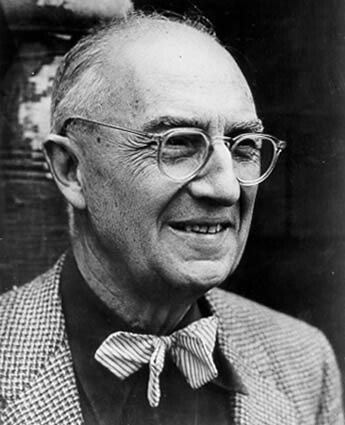Continuing with my narrative of the William Carlos Williams Award.
The next time through, the stacks on the blue chest were down to two piles, seventy books. It’s not that this was any neater – I don’t do neat – but the lower level of clutter there as one walked in the front door of our house immediately suggested that I was making progress. What had seemed like an overwhelming task a couple of weeks ago, now began to seem do-able. I was already beginning to think about which of these books deserved to seen as the best of the best of the best.
I dragged another small bookcase down to my office and shelved the books from the other two stacks there (with the exception of those where I already owned copies, which I put instead into a separate pile from which I donate periodically to Kelly Writers House). I wouldn’t be returning to those books, at least as part of this contest.
I was much more playful in my rereading, I think, than I had been in my first round. If there was a poem in a book that I really liked, I tended to head for it first. Tho sometimes I would do just the opposite, go first to one that had completely puzzled me. In several cases, I wasn’t reading the book for the second time, but at least the third as I’d read it – in a couple of cases even reviewed here on the blog – before I received my three cartons of books.
In the process, maybe six books – but no more – got demoted from the “I want to give this book a prize” pile to the second, larger stack. On the other hand, five of the volumes in that second stack got promoted to the prize pile. By the end of my second read-through, I had a stack of 19 books, every one of which surely deserves some award for brilliant writing.
Thirteen of these books were by women. Only two or three of the books represented a kind of poetry that I’m not certain William Carlos Williams would have approved of, were he still alive. And I began to think about Williams and what it means to have his name on this award. I reflected on the fact that Williams had been far more militant about schools of poetry than I’ve ever been (indeed, more militant than Pound, whom he never quite forgave for imagining a more creative & intelligent T.S. Eliot than the banker himself could have fashioned). As the most significant modernist not to flee to
Thinking of Williams & his relations to presses & to kinds of poetry gave me a template for thinking through these 19 volumes. His idea that the function of art is to create additions to nature, to make of the world a more abundant place, seems to me almost the baseline of what should expected from a poet. If you’re only going to write poems that look just like the poems that existed before you got here, what is your value? All of the nineteen volumes move poetry forward in ways that should make a reader optimistic about poetry, even on a blood-drenched planet that is devouring the last of its major natural resources.
At this point I knew pretty clearly which book spoke to this award in the most forceful way. I wanted a book that I could say – as one could of Williams’ best – that it was a book that would change poetry itself, deeply & permanently. I told my wife & kids which volume, were I to be hit by a truck, they should tell the Poetry Society of America should receive the prize.
But I still wanted to read a half dozen books again, and did, just to see if I wanted to name “finalists” – the PSA allows you to cite up to two – and if so whom. One volume seemed to me easy to settle on, because there was just one book that actually made me cry while reading it (tho I’m pretty sure that wasn’t the author’s intent – it was just so amazingly well done). And then a second finalist I thought long and hard about – more than a day just contemplating this book & this question – since the volume did represent a kind of poetry I’m pretty sure Williams would have, at the least, furrowed his brow over. But it was/is too brilliant not to cite, so I decided to name two finalists.
The winner already knows who they are, as do the finalists. On Monday, there will be an awards ceremony at a dinner in






